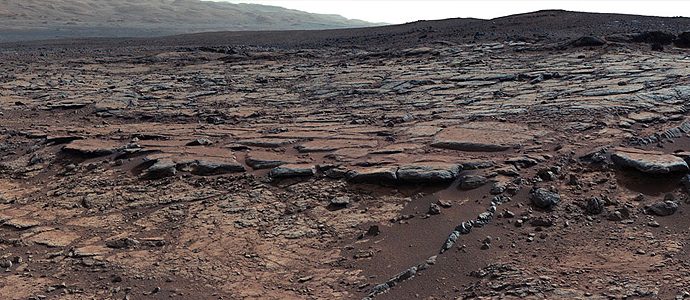More Evidence for Ancient Oceans, Rivers and Groundwater on Mars has been Revealed
The European Space Agency’s (ESA) Mars Express orbiter has uncovered signs that Mars once had a vast network of waterways, including a planet-spanning ocean in its northern hemisphere, and an extensive network of rivers that carved majestic canyons through the ancient Martian landscape. Using its Mars Advanced Radar for Subsurfaceread more
